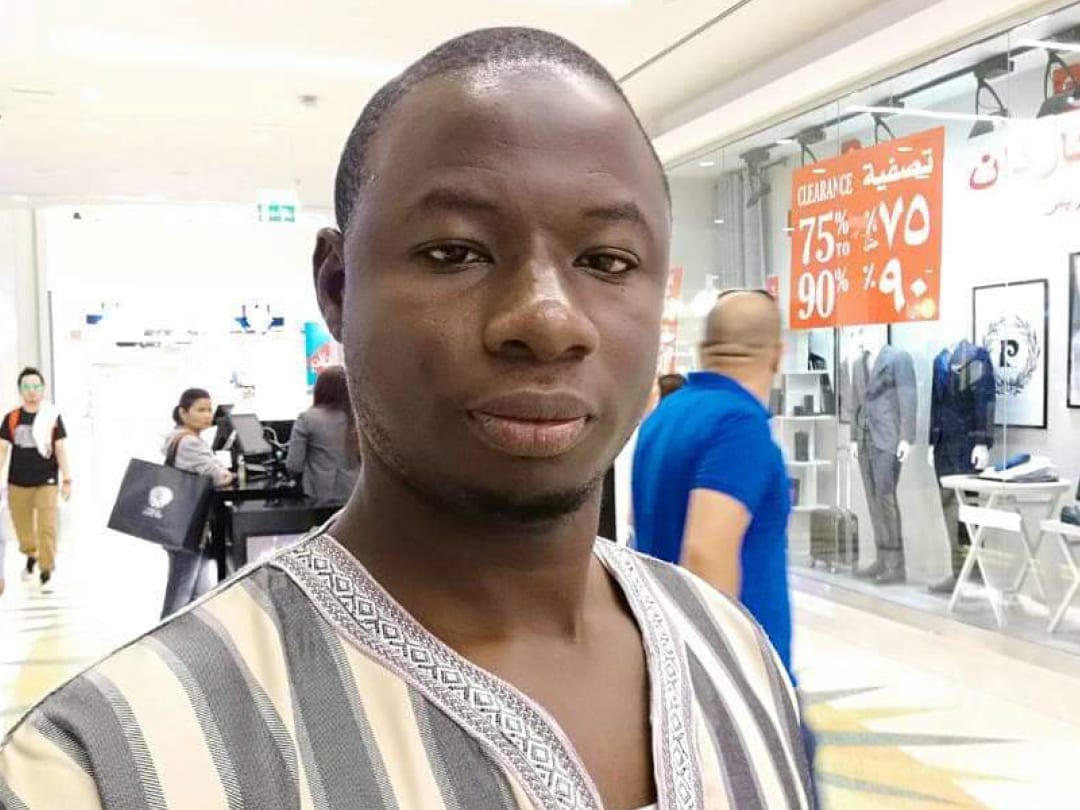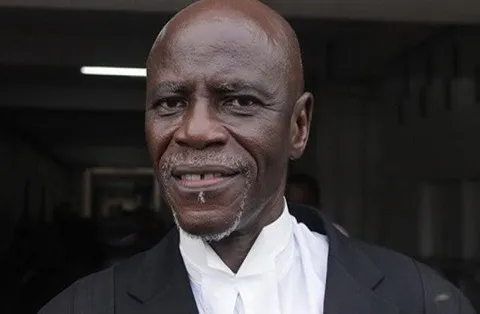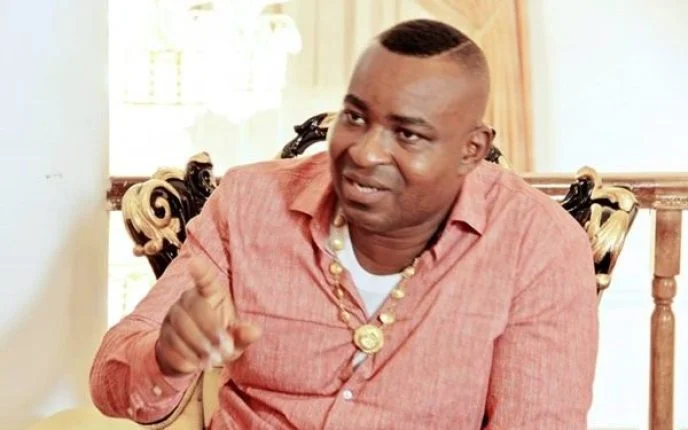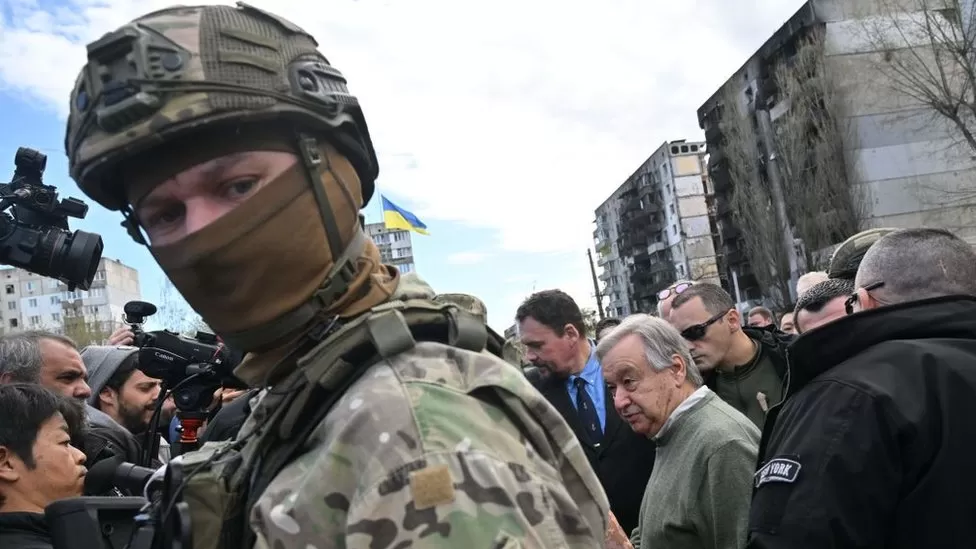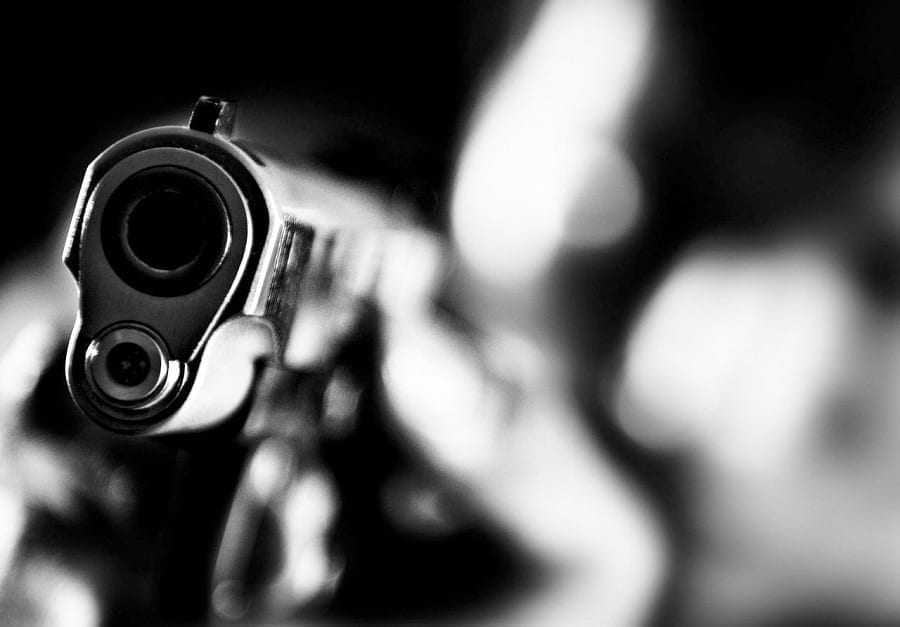 Ghana must ensure an independent, prompt and transparent investigation into the killing of journalist Ahmed Hussein-Suale Divela, say UN human rights experts*.
Ghana must ensure an independent, prompt and transparent investigation into the killing of journalist Ahmed Hussein-Suale Divela, say UN human rights experts*.
“We call on the authorities in Ghana to ensure that the perpetrators of this terrible crime are brought to justice. If a climate of impunity is permitted to prosper in the face of attacks on journalists around the world, we can expect this trend to proliferate, with disastrous consequences for press and media freedom globally,” the experts said.
Ahmed Hussein-Suale Divela was shot in the neck and chest by unknown assailants while he was driving in Accra on the evening of 16 January 2019. He died immediately.
Mr. Hussein-Suale, known for his use of hats and colourful veils to protect his identity, was a renowned investigative journalist who worked tirelessly to expose corruption in Ghana.
In a series of television interviews on 29 and 30 May 2018, a member of the Ghanaian parliament, Kennedy Agyapong, revealed Mr. Hussein-Suale’s identity and called on the public to attack him. He also gave information on the neighbourhood where Mr. Hussein-Suale lived.
“When political leaders brand journalists as ‘evil’ or ‘dangerous’, they incite hostility towards them and denigrate their work in the eyes of the public. Such statements have a direct impact on journalists’ safety and create a hazardous working environment for them,” the experts said.
“We urge the Government to ensure that any investigation into Mr. Hussein-Suale’s death includes due analysis of the impact of Mr. Agyapong’s actions and any role that they may have played in the killing of Mr. Hussein-Suale.”
Mr. Hussein-Suale’s death comes amid an increase in recent years in the number of journalists being murdered worldwide. Dozens were killed in 2018, including Saudi journalist Jamal Khashoggi.
GENEVA (15 February 2019) – Ghana must ensure an independent, prompt and transparent investigation into the killing of journalist Ahmed Hussein-Suale Divela, say UN human rights experts*.
“We call on the authorities in Ghana to ensure that the perpetrators of this terrible crime are brought to justice. If a climate of impunity is permitted to prosper in the face of attacks on journalists around the world, we can expect this trend to proliferate, with disastrous consequences for press and media freedom globally,” the experts said.
Ahmed Hussein-Suale Divela was shot in the neck and chest by unknown assailants while he was driving in Accra on the evening of 16 January 2019. He died immediately.
Mr. Hussein-Suale, known for his use of hats and colourful veils to protect his identity, was a renowned investigative journalist who worked tirelessly to expose corruption in Ghana.
In a series of television interviews on 29 and 30 May 2018, a member of the Ghanaian parliament, Kennedy Agyapong, revealed Mr. Hussein-Suale’s identity and called on the public to attack him. He also gave information on the neighbourhood where Mr. Hussein-Suale lived.
“When political leaders brand journalists as ‘evil’ or ‘dangerous’, they incite hostility towards them and denigrate their work in the eyes of the public. Such statements have a direct impact on journalists’ safety and create a hazardous working environment for them,” the experts said.
“We urge the Government to ensure that any investigation into Mr. Hussein-Suale’s death includes due analysis of the impact of Mr. Agyapong’s actions and any role that they may have played in the killing of Mr. Hussein-Suale.”
Mr. Hussein-Suale’s death comes amid an increase in recent years in the number of journalists being murdered worldwide. Dozens were killed in 2018, including Saudi journalist Jamal Khashoggi.
(*)The UN experts: Mr. David Kaye (USA), Special Rapporteur on the promotion and protection of the right to freedom of opinion and expression; Ms Agnes Callamard (France), Special Rapporteur on extrajudicial, summary or arbitrary executions; Mr. Clément Nyaletsossi Voule (Togo), Special Rapporteur on the rights to peaceful assembly and of association.
The Working Groups and Special Rapporteurs are part of what is known as the Special Procedures of the Human Rights Council. Special Procedures, the largest body of independent experts in the UN Human Rights system, is the general name of the Council’s independent fact-finding and monitoring mechanisms that address either specific country situations or thematic issues in all parts of the world. Special Procedures experts work on a voluntary basis; they are not UN staff and do not receive a salary for their work. They are independent from any government or organization and serve in their individual capacity.
Source: UN Human Rights | www.ohchr.org]]> 







